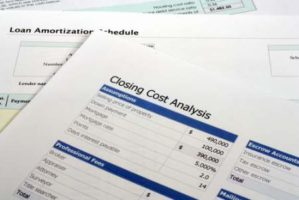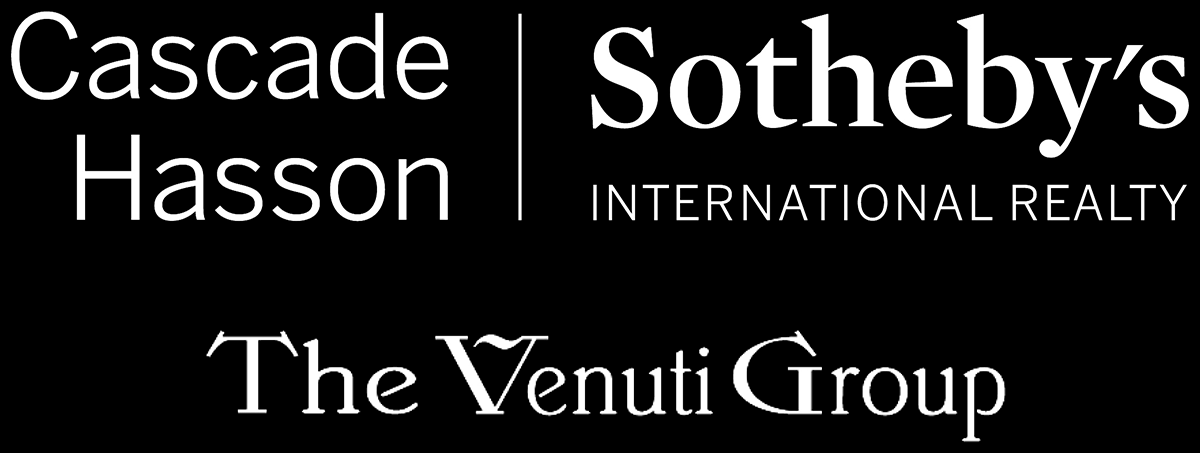The finish line to completing the purchase of your own home is the closing That’s when the deal on your new home is complete and you become a homeowner. The final costs to you may be quite different from your lender’s original Loan Estimate. The closing process really starts when you have a signed purchase and sale agreement. That agreement usually specifies a closing date when the deal will be finished. It takes between four to six weeks.
How Much are Closing Costs?

Closing costs are miscellaneous fees charged by those involved with the home sale such as your lender for processing the loan, the title company for handling the paperwork, a land surveyor, local government offices for recording the deed, etc. The average closing costs percentage is usually about 2-5% of the purchase price (e.g., $4,500 on a $180,000 home), but 1-8% is not uncommon.
When shopping for a home, budgeting is a necessary part of the process. The buyer’s income and other expenditures determine how much home they can afford. Potential buyers should plan to come to closing with at least 20% of the purchase price. This price is rarely the final figure agreed upon by the buyer and seller. Closing costs can be anywhere from a few hundred to several thousand dollars.
Lender vs. Non-Lender Costs?Calculating average closing costs involves looking at two types of closing costs, lender and non-lender costs, and determining what typical buyers pay for each. In most states, lender costs comprise the lion’s share of closing costs. Within lender costs, the origination fee tends to be the largest expense. This is usually expressed as a percentage of the loan amount and this fee represents the lender’s charge for its time and expertise. Other frequent lender costs include the document preparation fee and a tax services fee.
As a percentage of the loan amount, lender fees do not vary much from state to state. Most origination fees are about 1% of the loan amount.
What are Different Types of Closing Costs? Lender Fees: Fees that the lender charges to process, approve and fund your loan. These fees might change slightly from lender to lender.
Lender Fees: Fees that the lender charges to process, approve and fund your loan. These fees might change slightly from lender to lender.
Underwriting: Underwriting is the process by which the lender determines your loan eligibility.
Government Recording: After originating your mortgage, the lender must then record the mortgage with the applicable government entity (typically the county recorder’s office) in order to protect its collateral interest in your property. This fee covers the lender’s cost of recording your mortgage.
Origination Fee: Usually calculated as a percentage of the loan amount, ranging from 1% to 1.5%.
Appraisal: Regulation requires an appraisal to help the lender assess the true value of a property.
Flood Certification: The lender needs to make sure your property is not located in a flood zone. This fee covers the cost of obtaining a report from the Federal Emergency Management Agency (FEMA) indicating whether or not your property is located in a flood zone.
Closing/Settlement: What the title or closing agent charges for managing the closing of your loan on the closing day and making sure that your note and deed are properly filed.
Owner’s Title Insurance: This title insurance policy protects the buyer of a property against financial loss due to title defects or liens.
Lender’s Title Insurance: This title insurance policy protects the lender against financial loss due to title defects or liens. The borrower typically covers this cost.
Transfer Taxes: This is a tax imposed by the government on the passing of title to property from one person to another. These taxes vary by state and municipality.
Interest (est. 15 days): The amount of interest that accrues from the date of your loan’s funding to the end of the month when the funding occurred.
The rule of thumb is to budget 2-4% of your property price for closing. mortgage closing costs will vary by location and property type.
If you don’t have enough cash to pay the closing costs, you can often get the closing costs added to the amount of the loan. For example, if the loan amount is for $150,000, and the closing costs are $4,500, you’d add the closing costs to the loan amount so you’d actually be borrowing $154,500 total.
Your contract may call for a final walk-through of the home within 24 hours of closing. If this is the case, your agent should go with you and help mitigate anything that’s not right. Problems at this point could delay closing or mean having the escrow agent hold back money due to the seller until repairs are made.
Your real estate agent is the best source of information about the local community and real estate topics. Give The Venuti Group a call today at 541-476-9616 to learn more about local areas, discuss selling a house, or tour available homes for sale.

